
About the G7
The Group of Seven (G7) is an informal grouping of 7 of the world’s advanced economies and the European Union. Its members meet annually at the G7 Summit to discuss global economic and geopolitical issues.
Members and presidency
The G7 is made up of 7 member countries and the European Union. It’s organized through a presidency that rotates annually in the following order:

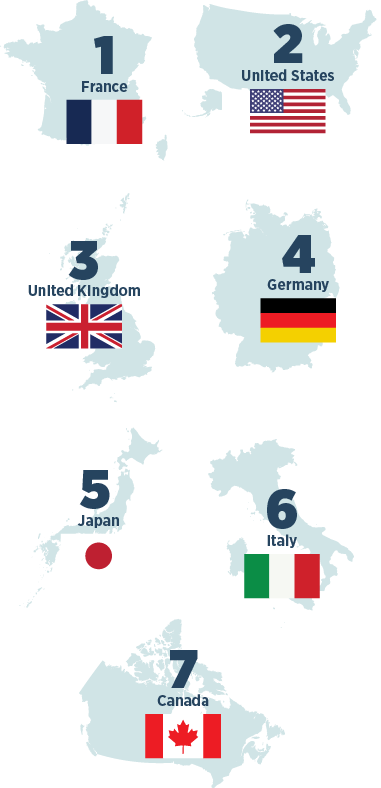
History of the G7
The G7’s origin stems from meetings held in the 1970s between the finance ministers from France and Germany. Both later became leaders of their countries during the global oil crisis of the mid-1970s, which severely impacted the world’s largest economies.
1975

In 1975, France, Germany, Italy, Japan, the United Kingdom and the United States formed the Group of Six to discuss how to respond to major economic concerns following the crisis.
1976
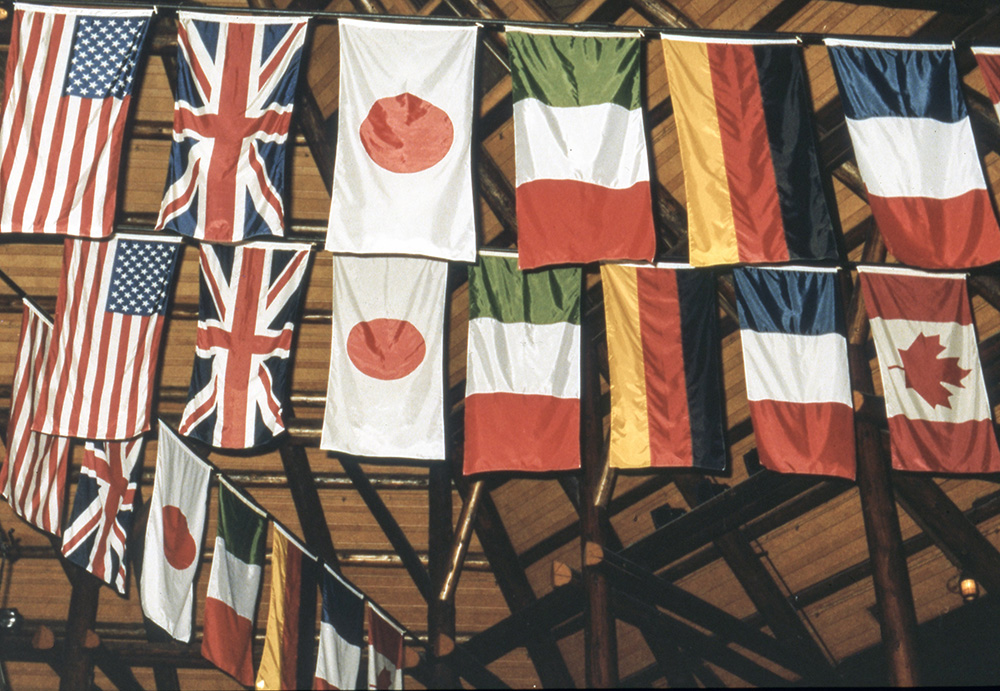
A year later, Canada was invited to join the Group of Seven.
1980s
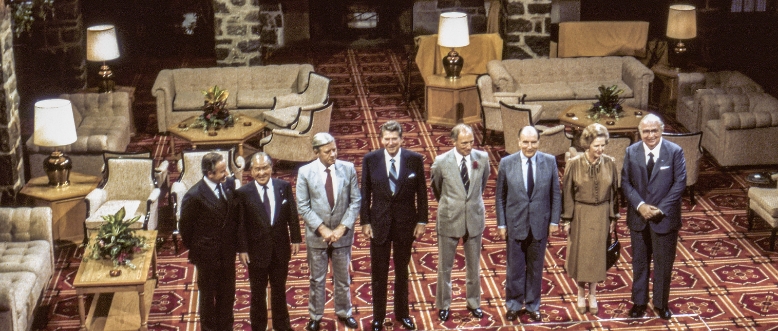
Starting in the 1980s, the G7 expanded its focus to international security, human rights and global stability.
Early 21st century
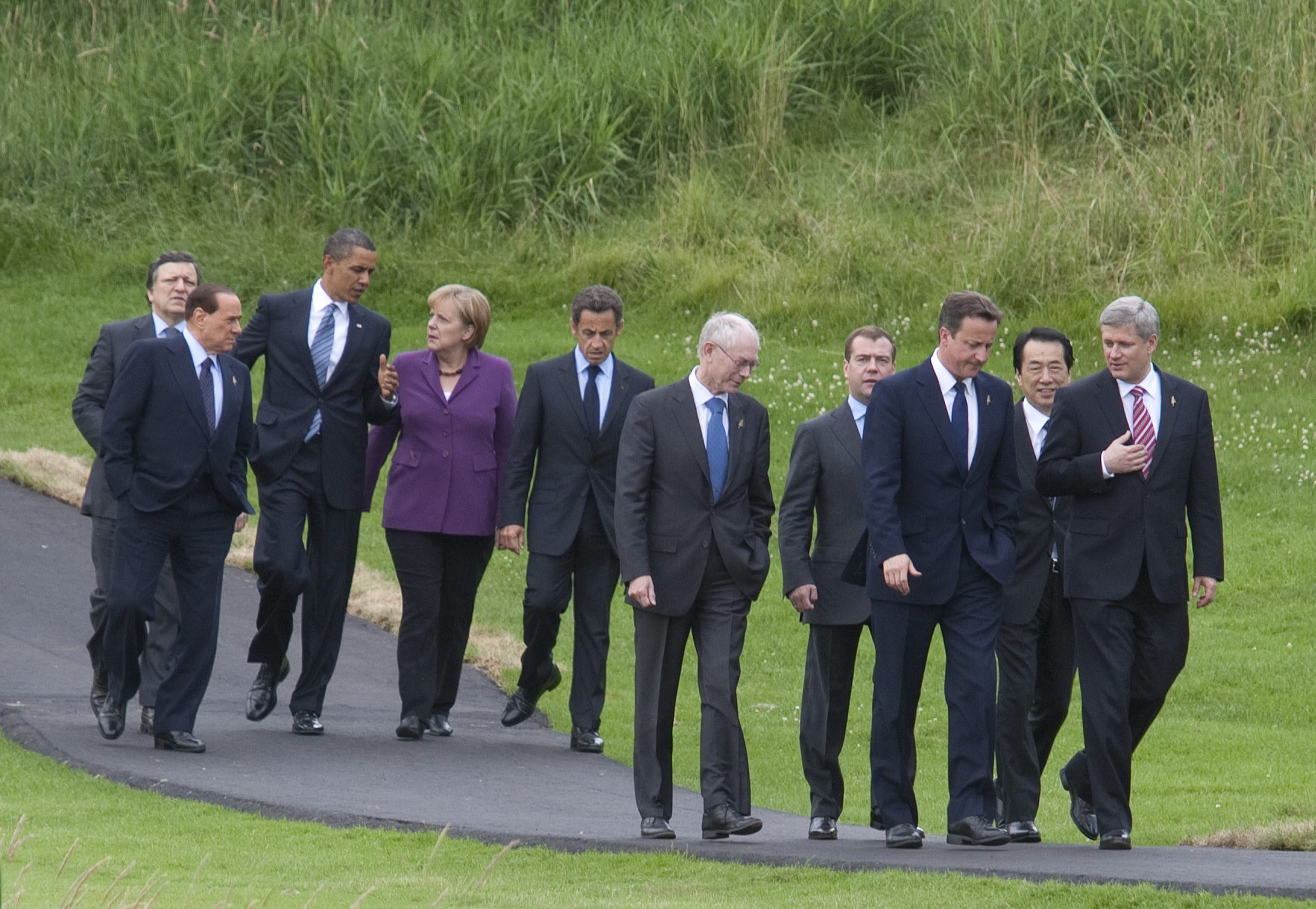
By the early 21st century, the G7 prioritized engagement with developing countries.
The G7 has played a crucial role in strengthening international economic policies. It has advanced discussions on global issues such as climate change and gender equality, brought donors together and notably, supported disarmament programs. This commitment underscores the G7’s dedication to promoting global peace and security.
1975

In 1975, France, Germany, Italy, Japan, the United Kingdom and the United States formed the Group of Six to discuss how to respond to major economic concerns following the crisis.
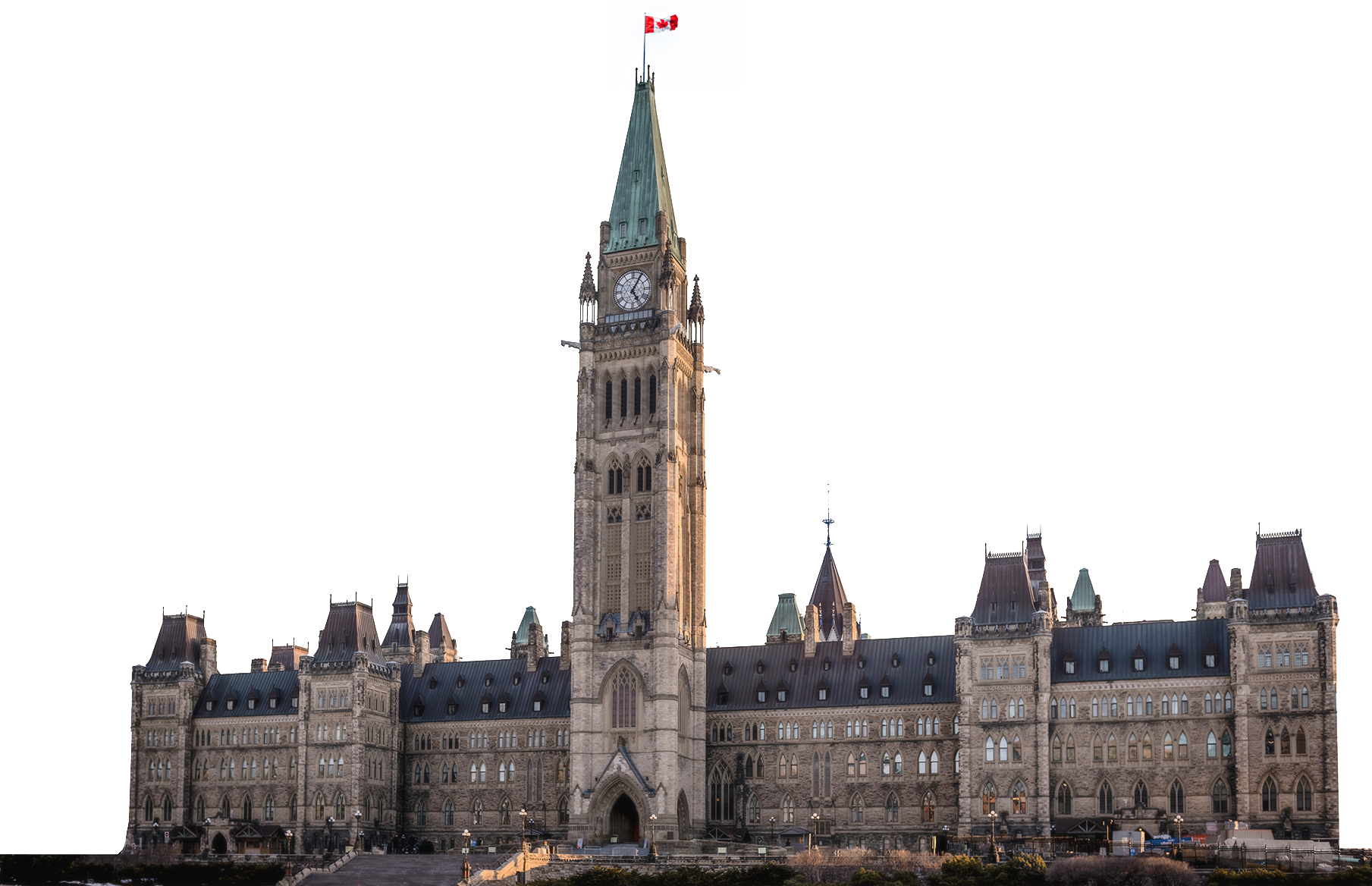
50th anniversary of the G7
(1975-2025)
(1975-2025)
The G7 was founded 50 years ago, in 1975, when France hosted the group’s first meeting. In 2025, Canada and its G7 partners are marking half a century of partnership and cooperation. Over the past 5 decades, the group has been a driving force for international peace and security, global economic prosperity and sustainable development.
Canada and the G7
As part of its 2025 presidency, Canada welcomed G7 leaders to Kananaskis, Alberta, from June 15 to 17, 2025.
During its G7 presidencies, Canada has demonstrated global leadership by developing innovative initiatives to address global security and economic crises, health issues, and development challenges. It has also inspired progress on priorities such as democracy, oceans, preventing the spread of weapons of mass destruction, and women’s and girls’ education in crisis situations.
Canada has hosted 7 summits to date:
Kananaskis, Alberta (June 15 to 17, 2025)

Main topics discussed
-
Geopolitical crises
-
Global economy
-
Energy security
-
Critical minerals
-
Artificial intelligence and quantum technologies
-
Foreign interference
-
Migrant smuggling
-
Wildfires
Key outcomes
-
Secure high-standard critical mineral supply chains, drive public and private sector adoption of AI, and boost cooperation to unlock the potential of quantum technology to grow our economies
-
Mount a multilateral effort to better prevent, fight and recover from wildfires
-
Safeguard the rights of everyone in society and our sovereignty by continuing to combat foreign interference
-
Counter migrant smuggling by dismantling transnational organized crime groups.
Other events
- The 2025 G7 Leaders’ Summit took place during the G7’s 50th anniversary year.
Did you know?
Kananaskis is the only location in Canada to have hosted the Summit twice.

Kananaskis, Alberta (June 15 to 17, 2025)
-
Geopolitical crises
-
Global economy
-
Energy security
-
Critical minerals
-
Artificial intelligence and quantum technologies
-
Foreign interference
-
Migrant smuggling
-
Wildfires
-
Secure high-standard critical mineral supply chains, drive public and private sector adoption of AI, and boost cooperation to unlock the potential of quantum technology to grow our economies
-
Mount a multilateral effort to better prevent, fight and recover from wildfires
-
Safeguard the rights of everyone in society and our sovereignty by continuing to combat foreign interference
-
Counter migrant smuggling by dismantling transnational organized crime groups.
- The 2025 G7 Leaders’ Summit took place during the G7’s 50th anniversary year.
Kananaskis is the only location in Canada to have hosted the Summit twice.
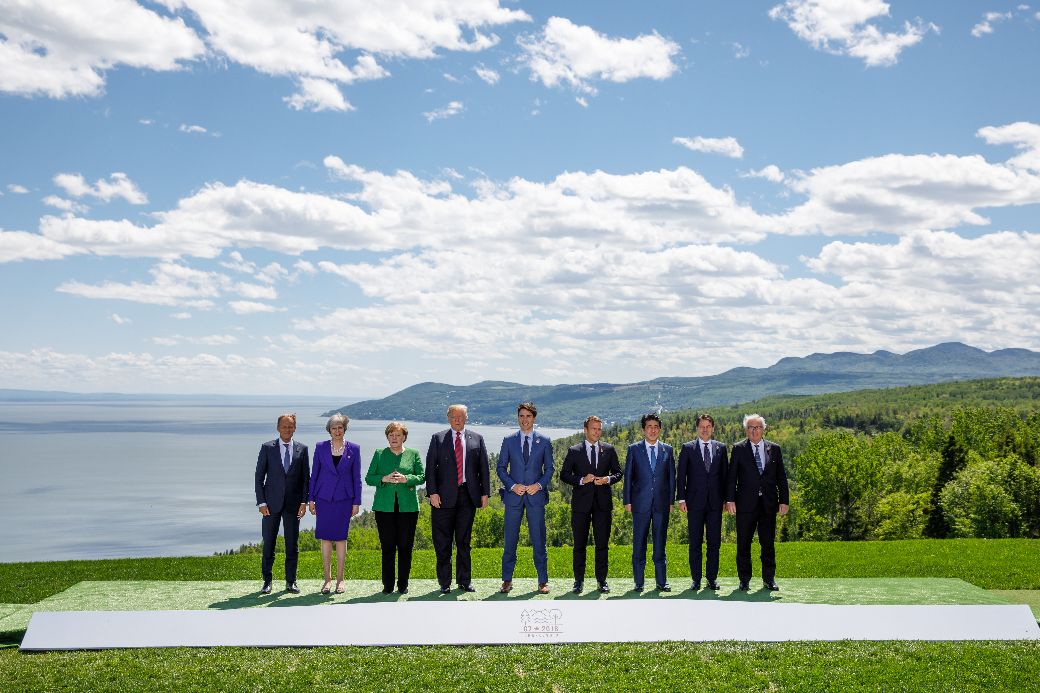
Charlevoix, Quebec (June 8 to 9, 2018)
-
Inclusive growth
-
Future of work
-
Gender equality and women’s empowerment
-
Climate change, oceans and clean energy
-
Peace and security
-
The Charlevoix Progress Report on women’s economic empowerment, highlighting steps towards positive change in developing countries
-
Committing nearly $3.8 billion to support quality education for women and girls in crisis and conflict situations
-
The Canada-led Ocean Plastics Charter outlines concrete actions to combat marine plastic litter and protect our oceans
- Canada established the first G7 Gender Equality Advisory Council, which is now a permanent feature of all G7 presidencies
Charlevoix is a UNESCO biosphere reserve located in a crater more than 50km in diameter.
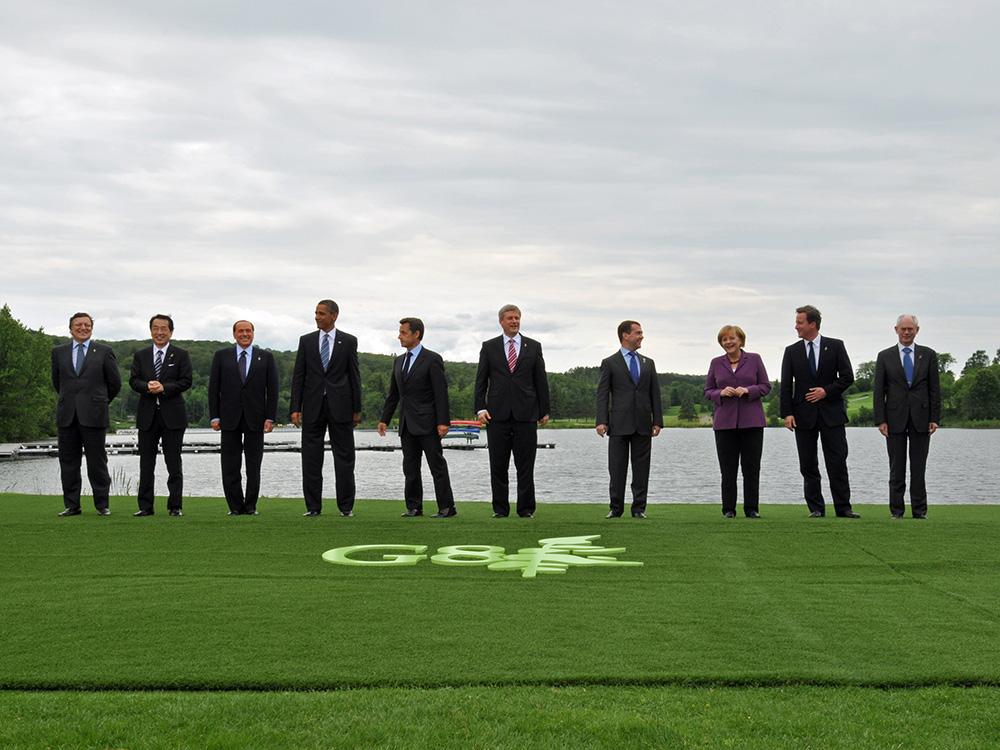
Muskoka, Ontario (June 25 to 26, 2010)
- Trade
-
Peace and security
-
Nuclear safety
-
Sustainable development
- Muskoka Initiative
- Committed countries to collectively spend an over $5 billion between 2010 and 2015 toward maternal, newborn and child health
- G8 Leaders’ Statement on Countering Terrorism
- Pledge to strengthen the cooperation between relevant UN bodies and the G8
- The G20 Summit was held in Toronto from June 26 to 27, 2010
Muskoka is home to North America’s oldest operating steamship, the R.M.S. Segwun, built in 1887 and restored in 1974.
Kananaskis, Alberta (June 26 to 27, 2002 )
- Trade
-
Peace and security
-
Developing countries and Africa
-
Sustainable development
-
Food security
-
Health
- G8 Africa Action Plan
- Contained significant commitments to support inclusive and peaceful development of Africa
- Global Partnership Against the Spread of Weapons and Materials of Mass Destruction
- Pledge to commit US$20 billion, over a 10 year period, toward the elimination and security of some weapons of mass destruction (WMDs) in Russia and former Soviet republics
- Market Access Initiative
- 48 least developed countries could profit from “trade-not-aid” (fair trade)
- Kananaskis was the first G8 Summit held after the 9/11 terrorist attacks
Kananaskis is referred to as Alberta’s mountain playground with over 4,000 km2 of mountain parks and foothills.
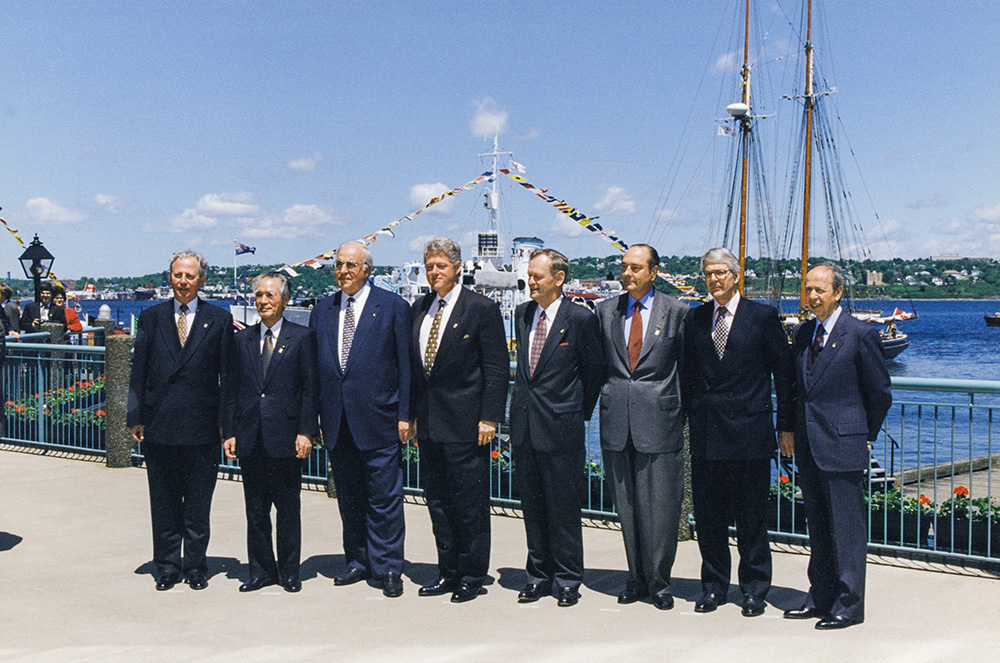
Halifax, Nova Scotia (June 15 to 17, 1995 )
-
Trade
-
Financial crisis
-
Nuclear safety
-
Developing countries
-
Sustainable development
-
Support for a new IMF standing procedure, “Emergency Financing Mechanism,” which would provide faster access to fund arrangements in crisis situations
-
Recognition of international financial fraud as a growing problem
-
Special Summit on Nuclear Safety in Moscow
- 1995: collapse of United Kingdom-based Barings Bank
- Demonstrated the fragile nature of modern financial markets
- Brought up concern and discussions about financial market stability at the next G7 Summit in France
Halifax is closer to Dublin, Ireland, than it is to Victoria, British Columbia. This marked the first time that an official Government of Canada website was created for a G8 Summit.
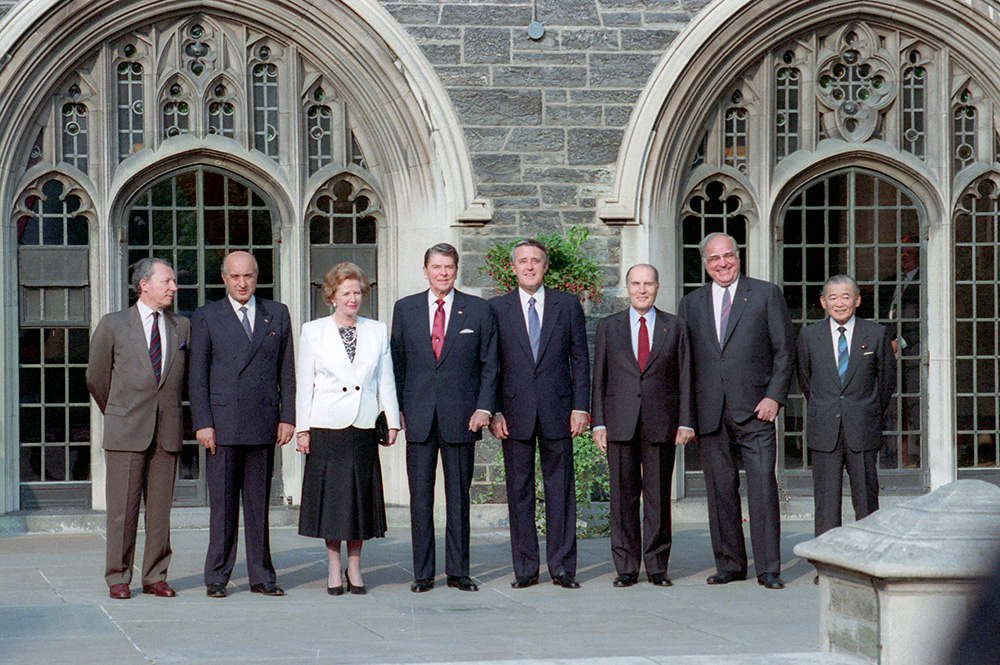
Toronto, Ontario (June 19 to 21, 1988 )
-
Trade
-
Agriculture
-
Peace and Security
-
Developing countries
-
Environment
-
General Agreement on Tariffs and Trade (GATT) Framework approach to make the agricultural sector more responsive to market signals
-
Improved international cooperation regarding countering all narcotics
-
Endorsement of the concept of sustainable development and welcoming of the Conference on the Changing Atmosphere
- January 2, 1988: The Canada-U.S. Free Trade Agreement is signed by Prime Minister Brian Mulroney and President Ronald Reagan
- February 13, 1988: The Winter Games begin in Calgary
- Canada is the first G7 member to host a Summit and an Olympic Games in the same year
Toronto is the only Canadian city with representation in 7 major league sports.
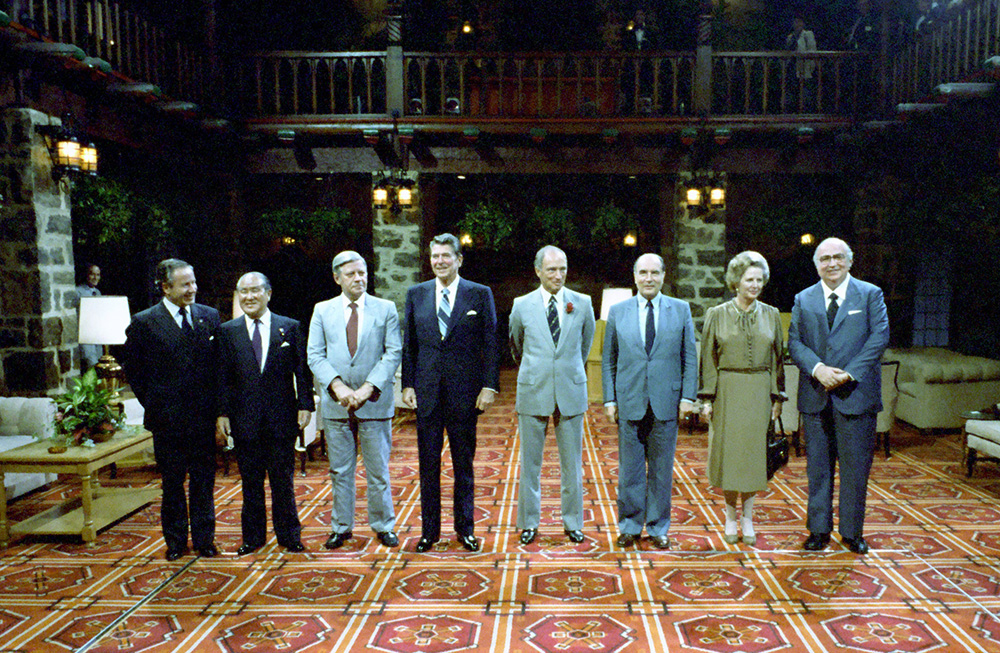
Ottawa-Montebello, Ontario-Quebec (July 19 to 21, 1981 )
-
Trade and energy supply
-
Monetary policy
-
Defense and terrorism
-
Refugee crisis
-
North-South relationship
-
Food security
-
Exchange of information on terrorist threats and activities to explore cooperative measures for dealing with and countering acts of terrorism
-
Targeting of the major portion of G7 aid to the poorer countries of the world
- Shared principle of openness to the process of global negotiations
- The President of the European Commission is invited to attend the G7 Summit for the first time
Located in the municipality of Montebello is the Fairmont Le Château Montebello resort, the largest log structure ever built. In 1857, Queen Victoria chose Ottawa to be the capital of Canada.
